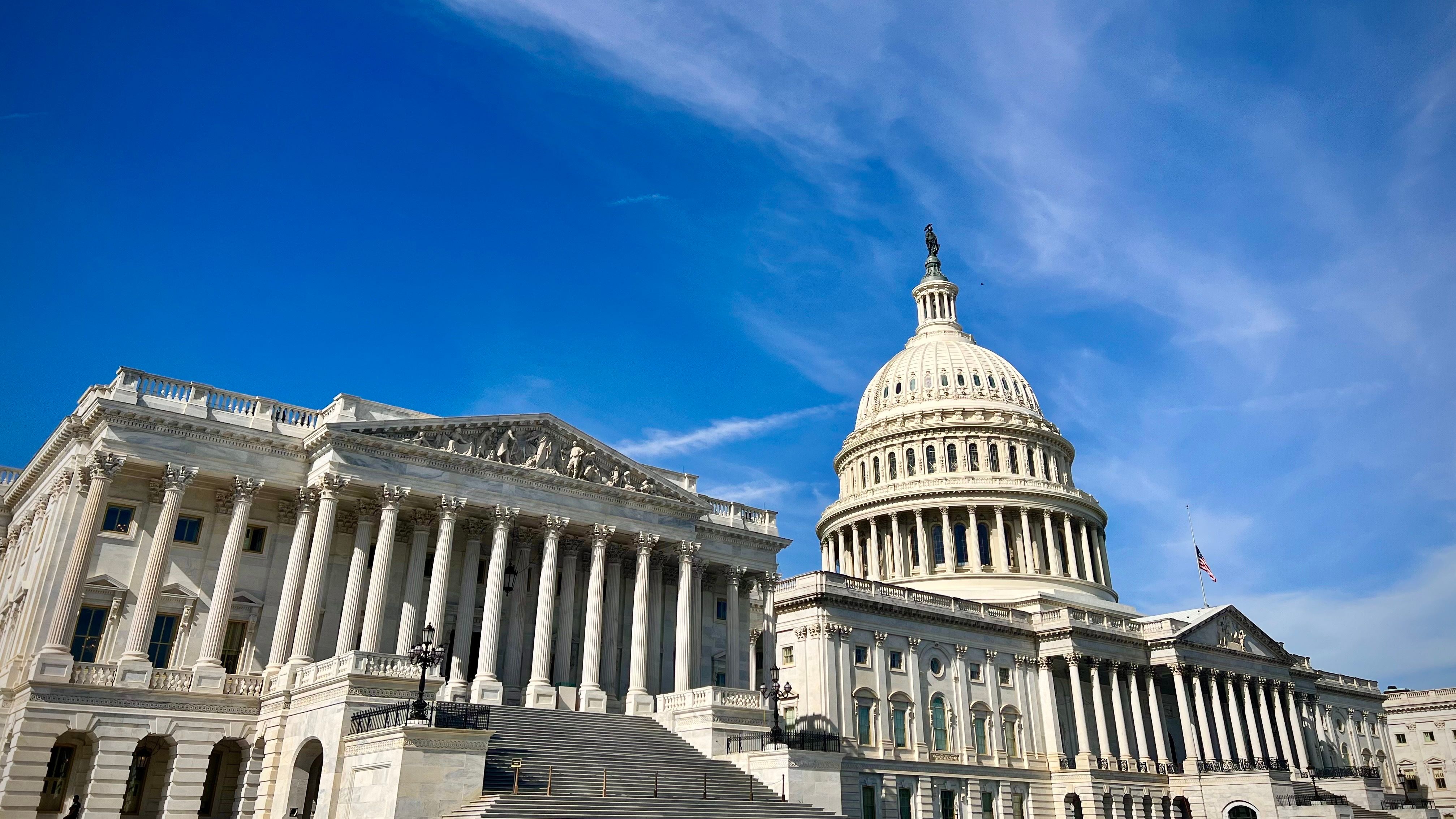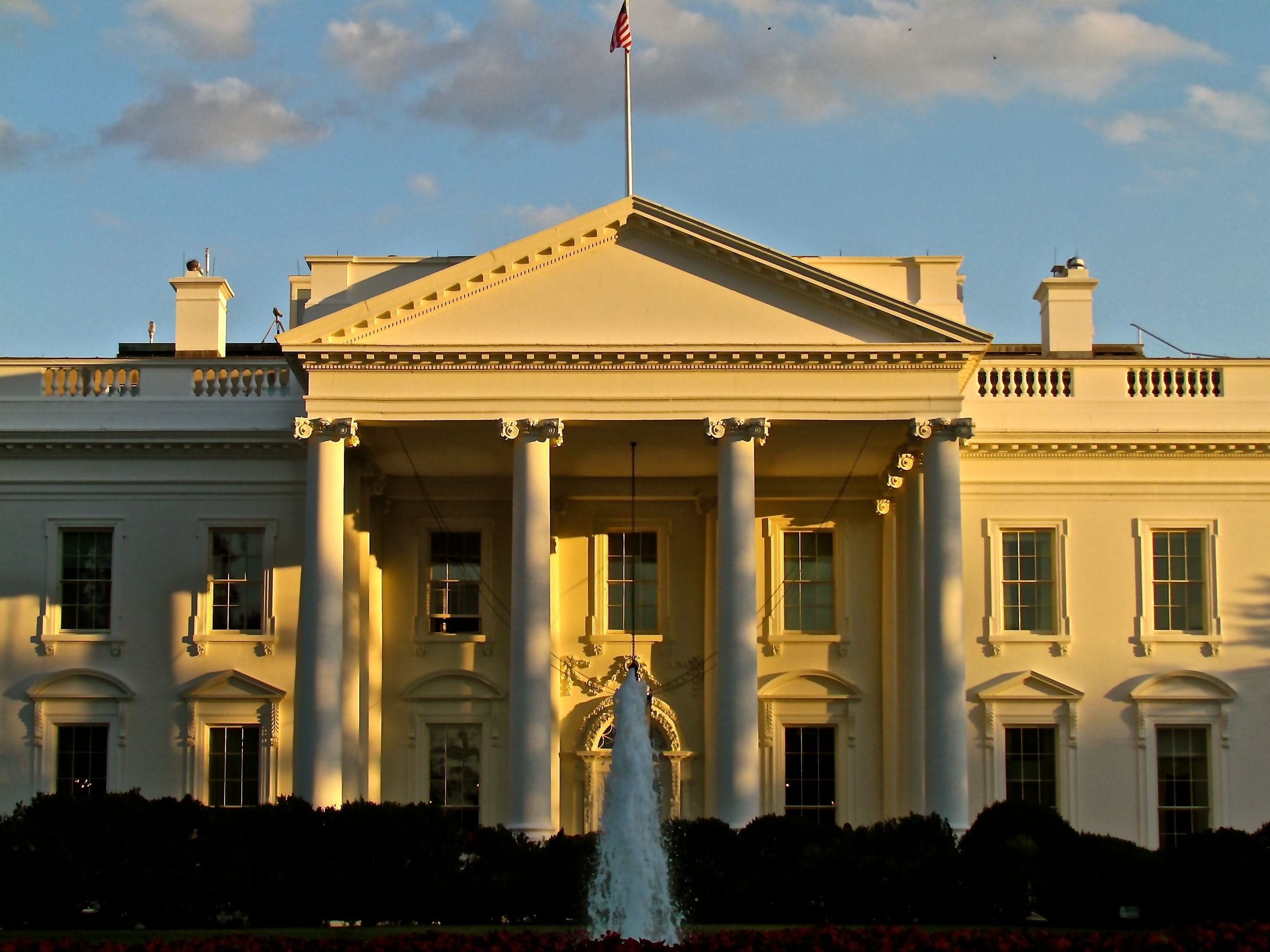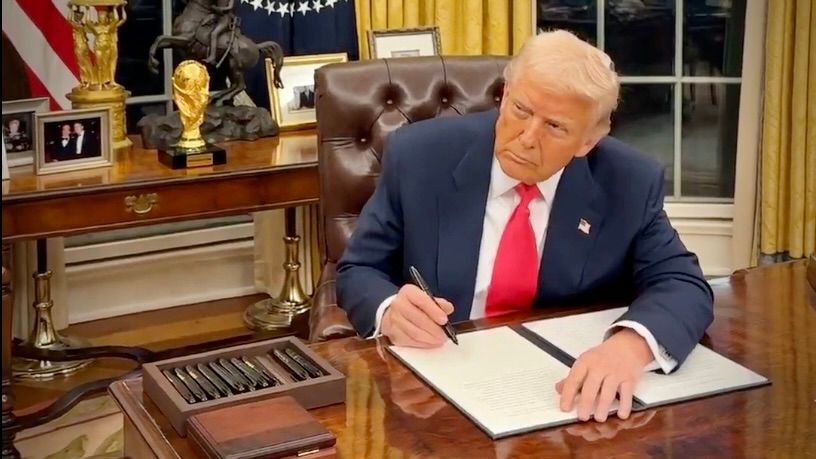Regulators Under Fire for "Regulation by Exhaustion" and "Debanking" of Crypto Firms
The chief lawyer of U.S. crypto exchange Coinbase, Paul Grewal, testified before the House Financial Services Committee on Thursday, criticizing regulators for erecting barriers between banks and crypto firms through "regulation by exhaustion." Grewal’s testimony was met with agreement from Republican lawmakers, who are eager to criticize the Biden administration’s performance on crypto.
Regulation by Exhaustion
Grewal argued that financial regulators, such as the FDIC, have used "regulation by exhaustion" to shut down the crypto industry. This approach involves issuing vague, interpretive regulatory letters threatening banks with negative examination scores and fines if they continue to partner with digital asset companies. Grewal claimed that this type of regulation is not only stifling innovation but also harming consumers by restricting access to new and beneficial financial products.
Debanking
Representative Dan Meuser, a Pennsylvania Republican who leads the House oversight subcommittee, echoed Grewal’s concerns, stating that "Biden regulators resorted to vague, interpretive regulatory letters threatening banks with negative examination scores and fines if they continue their partnership with digital asset companies. This is serious overreach, one that not only undermines innovation but also directly harms consumers by restricting their access to new and beneficial financial products."
FDIC’s Role
The FDIC has been at the center of the controversy, with some lawmakers accusing the agency of "debanking" crypto firms. Grewal and other critics argue that the FDIC’s actions are designed to shut down the crypto industry by making it impossible for banks to do business with digital asset companies.
Court Ruling
In a recent court ruling, a judge expressed frustration with the FDIC’s resistance to providing documents related to its communications with banks about crypto. The judge found that the FDIC’s position on the case was "laughable" and demanded that the agency provide more information, including whether it had destroyed any documents related to the case.
FDIC’s Reversal
In response to the court’s ruling, the FDIC released more documents and announced that it would review its supervisory communications with banks about crypto. Acting Chairman Travis Hill stated that he had ordered the agency’s staff to review these communications and make them publicly available.
Conclusion
The controversy surrounding the FDIC’s actions has sparked a heated debate about the role of regulators in the crypto industry. While some argue that the FDIC’s actions are necessary to protect consumers, others contend that the agency’s efforts are stifling innovation and harming the industry. As the debate continues, one thing is clear: the crypto industry is facing significant challenges, and it will require cooperation between regulators, lawmakers, and industry stakeholders to find a solution.
FAQs
Q: What is "regulation by exhaustion"?
A: Regulation by exhaustion is a term used to describe the practice of issuing vague, interpretive regulatory letters that threaten companies with negative consequences if they do not comply with certain regulations.
Q: What is "debanking"?
A: Debanking refers to the practice of shutting down the ability of banks to do business with certain companies, often in this case, digital asset companies.
Q: What is the role of the FDIC in all of this?
A: The FDIC is a financial regulatory agency that is responsible for ensuring the safety and soundness of the financial system. In the context of the crypto industry, the FDIC has been accused of using its powers to "debank" digital asset companies, making it difficult for them to access banking services.
Q: What is the current state of the debate surrounding the crypto industry?
A: The debate surrounding the crypto industry is ongoing, with some arguing that the industry is a threat to the financial system, while others see it as a potential game-changer for innovation and economic growth. As the controversy surrounding the FDIC’s actions continues to unfold, it remains to be seen how the debate will ultimately be resolved.









